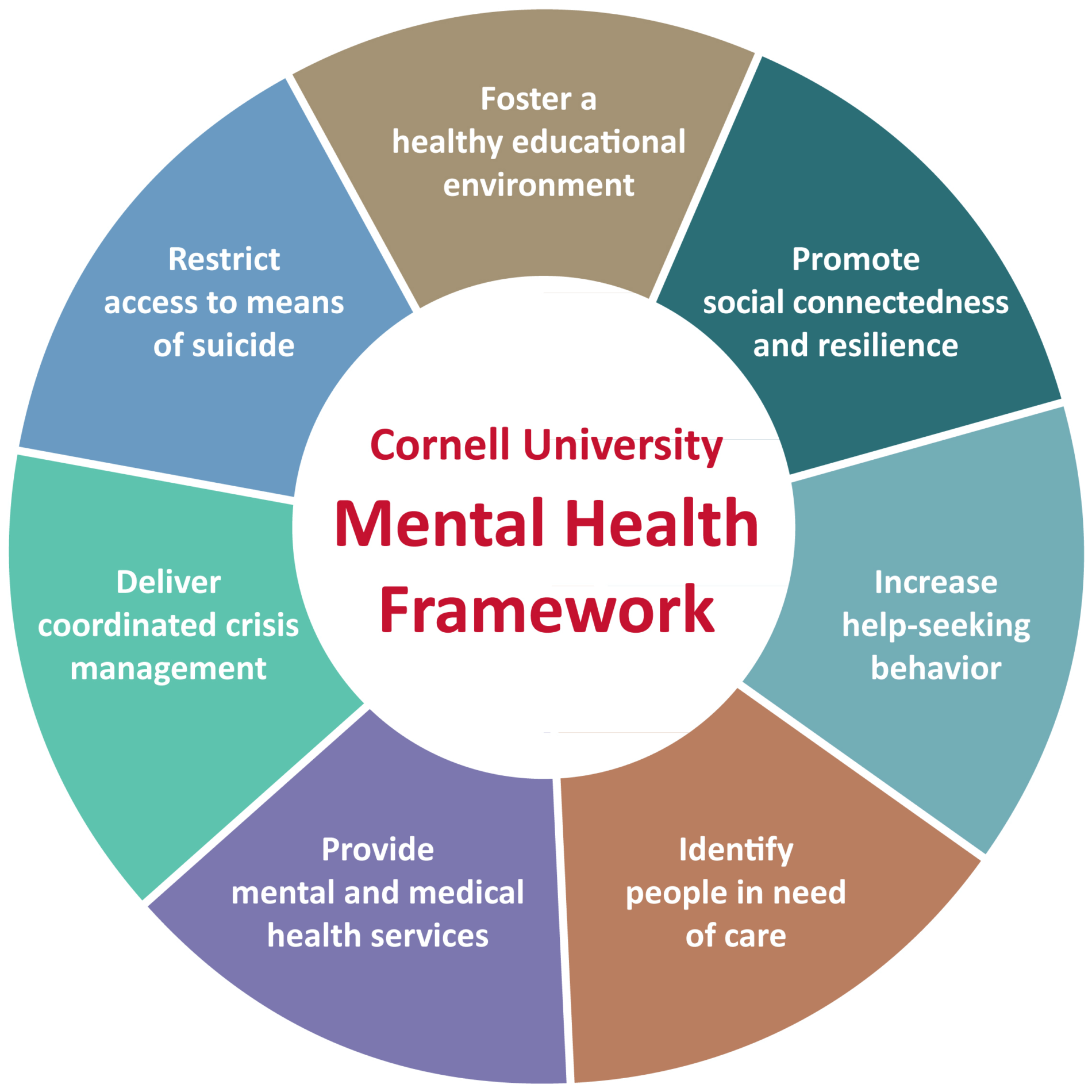Understanding Resilience: Key To Mental Health And Well-being

Table of Contents
Defining Resilience and its Importance
What exactly is resilience? It's the ability to adapt well in the face of adversity, trauma, tragedy, threats, or significant sources of stress—such as family and relationship problems, serious health problems, or workplace and financial stressors. It means "bouncing back" from difficult experiences, demonstrating mental toughness and emotional fortitude. It's not about avoiding hardship, but about navigating it effectively and emerging stronger.
Why is resilience vital for mental health? A strong sense of resilience acts as a protective buffer against stress, anxiety, and depression. Individuals with high resilience tend to have improved coping mechanisms, allowing them to manage challenges more effectively. This leads to increased emotional regulation, better stress management, and significantly improved overall well-being. Essentially, resilience helps you navigate life's inevitable storms with greater grace and less damage.
- Reduces the impact of stressful life events.
- Promotes faster recovery from setbacks.
- Enhances emotional regulation and coping skills.
- Improves problem-solving skills and decision-making under pressure.
- Strengthens self-esteem, confidence, and a sense of self-efficacy.
Building Blocks of Resilience: Identifying Key Factors
Several interconnected factors contribute to an individual's resilience. Understanding these building blocks is crucial to fostering your own resilience and mental strength.
Strong Social Connections
Supportive relationships are the bedrock of resilience. A strong social network—comprised of family, friends, mentors, and community members—provides emotional support, practical assistance, and a sense of belonging. This network acts as a buffer against stress, offering a safe space to process emotions and seek help when needed.
- Building a strong support network involves actively nurturing existing relationships and consciously building new connections.
- Seeking help from trusted individuals when facing challenges is a sign of strength, not weakness.
- Participating in community activities fosters a sense of belonging and connection, further enhancing resilience.
Positive Self-Perception
Developing a healthy self-image and strong self-esteem is critical for building resilience. Individuals with a positive self-perception are better equipped to handle setbacks, viewing challenges as opportunities for growth rather than insurmountable obstacles. They possess self-compassion, understanding their limitations without self-criticism.
- Practicing self-compassion involves treating yourself with the same kindness and understanding you would offer a friend.
- Identifying your personal strengths and focusing on them helps to build self-confidence and a sense of self-efficacy.
- Challenging negative self-talk and replacing it with positive affirmations is a powerful tool for improving self-esteem.
Effective Coping Mechanisms
Developing healthy ways to manage stress and adversity is essential for resilience. This involves acquiring effective coping strategies to navigate difficult situations and maintain emotional equilibrium.
- Mindfulness and meditation techniques help to calm the mind and manage overwhelming emotions.
- Regular exercise and healthy lifestyle choices are crucial for both physical and mental well-being, fostering resilience.
- Seeking professional help when needed—through therapy, counseling, or coaching—is a sign of strength and can provide valuable tools for building resilience and emotional well-being.
Practical Strategies for Enhancing Resilience
Building resilience is an active process. Here are actionable steps to enhance your resilience and cultivate mental toughness:
Developing Problem-Solving Skills
Effective problem-solving is a cornerstone of resilience. Breaking down complex problems into smaller, manageable steps makes them less overwhelming.
- Identifying the problem clearly and defining its scope is the first crucial step.
- Brainstorming potential solutions, no matter how unconventional, expands your options.
- Evaluating the effectiveness of your chosen solutions allows for course correction and adaptation.
Cultivating Optimism
Maintaining a hopeful outlook, even in the face of adversity, is a significant factor in resilience. Optimism isn't about ignoring challenges; it's about approaching them with a belief in your ability to overcome them.
- Practicing gratitude, focusing on the positive aspects of your life, fosters optimism.
- Focusing on your strengths and past accomplishments builds confidence and a sense of self-efficacy.
- Learning from mistakes and viewing them as opportunities for growth helps to develop a resilient mindset.
Self-Care Practices
Prioritizing your physical and mental well-being is paramount for building resilience. This involves engaging in activities that support your overall health and well-being.
- Regular physical activity improves mood, reduces stress, and boosts energy levels.
- Mindful eating habits nourish your body and mind, promoting overall well-being.
- Adequate sleep is essential for physical and cognitive restoration, enhancing your ability to cope with stress.
- Stress reduction techniques such as yoga, deep breathing exercises, and spending time in nature are effective ways to manage stress and build resilience.
Conclusion
Building resilience is a journey, not a destination. By understanding the key factors contributing to resilience and actively implementing practical strategies, you can significantly improve your mental health and well-being. Embrace the power of resilience and develop the coping mechanisms needed to navigate life's challenges. Remember, cultivating resilience is an ongoing process, and seeking professional support is a sign of strength, not weakness. Invest in your mental health and begin building your resilience today. Learn more about strengthening your resilience and discover techniques for building your emotional fortitude.

Featured Posts
-
 Bbai Stock Negative Q1 Earnings Impact Share Price
May 21, 2025
Bbai Stock Negative Q1 Earnings Impact Share Price
May 21, 2025 -
 Understanding The Billionaire Boy Phenomenon An Analysis Of Wealth Influence And Legacy
May 21, 2025
Understanding The Billionaire Boy Phenomenon An Analysis Of Wealth Influence And Legacy
May 21, 2025 -
 Understanding Aimscaps Approach To The World Trading Tournament Wtt
May 21, 2025
Understanding Aimscaps Approach To The World Trading Tournament Wtt
May 21, 2025 -
 Enjoying Mild Temperatures And Low Rain Chances This Week
May 21, 2025
Enjoying Mild Temperatures And Low Rain Chances This Week
May 21, 2025 -
 Occasionverkoop Abn Amro Impact Van Toenemend Autobezit Op De Markt
May 21, 2025
Occasionverkoop Abn Amro Impact Van Toenemend Autobezit Op De Markt
May 21, 2025
